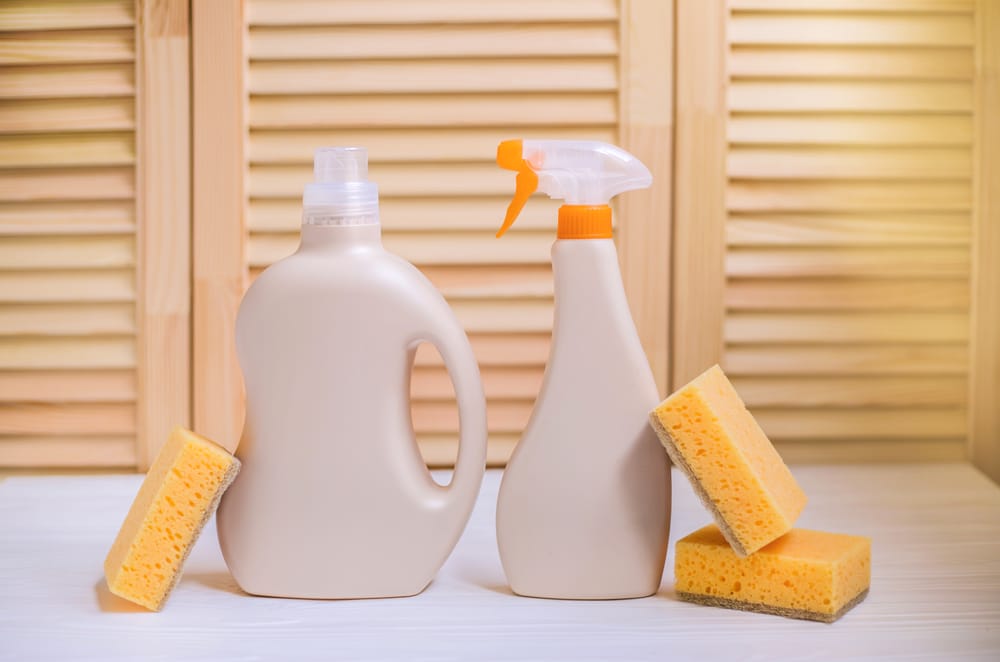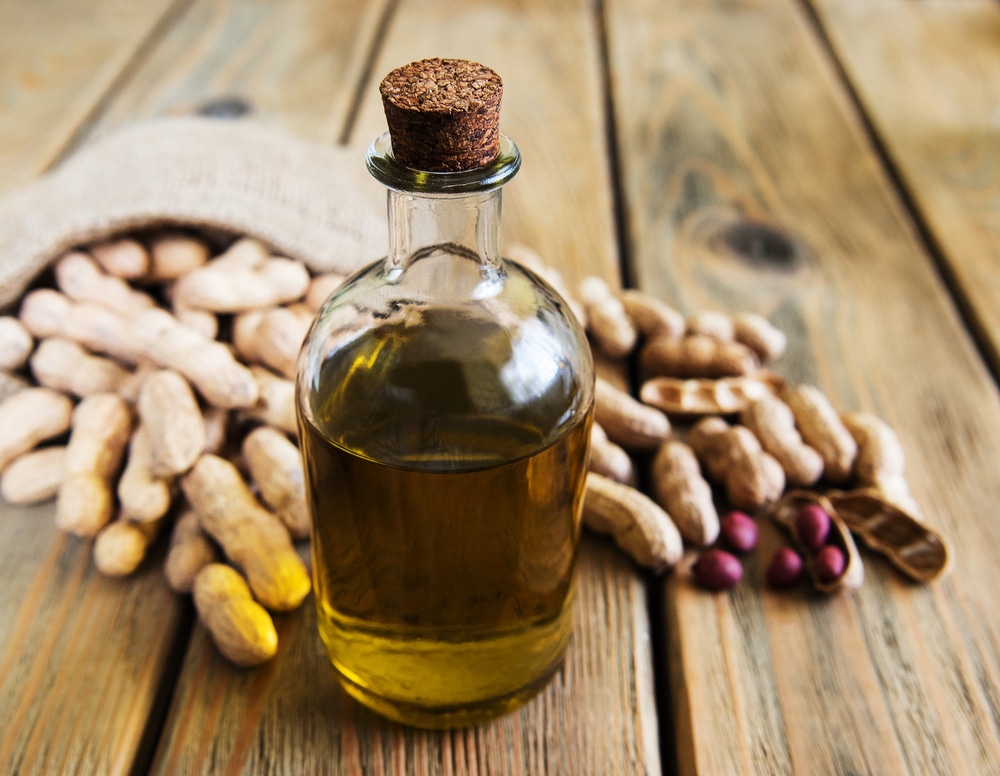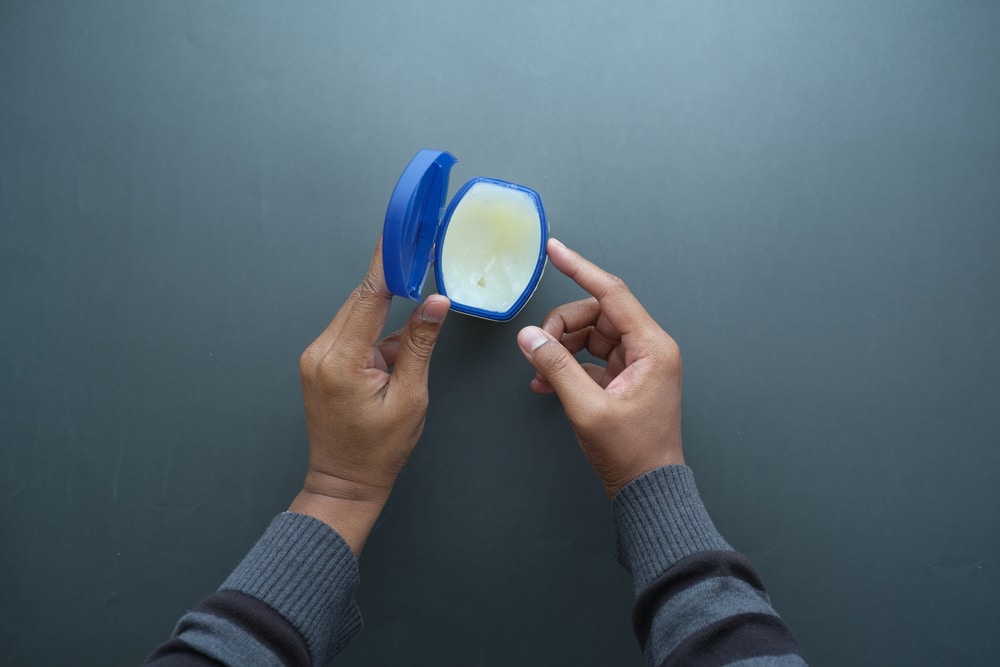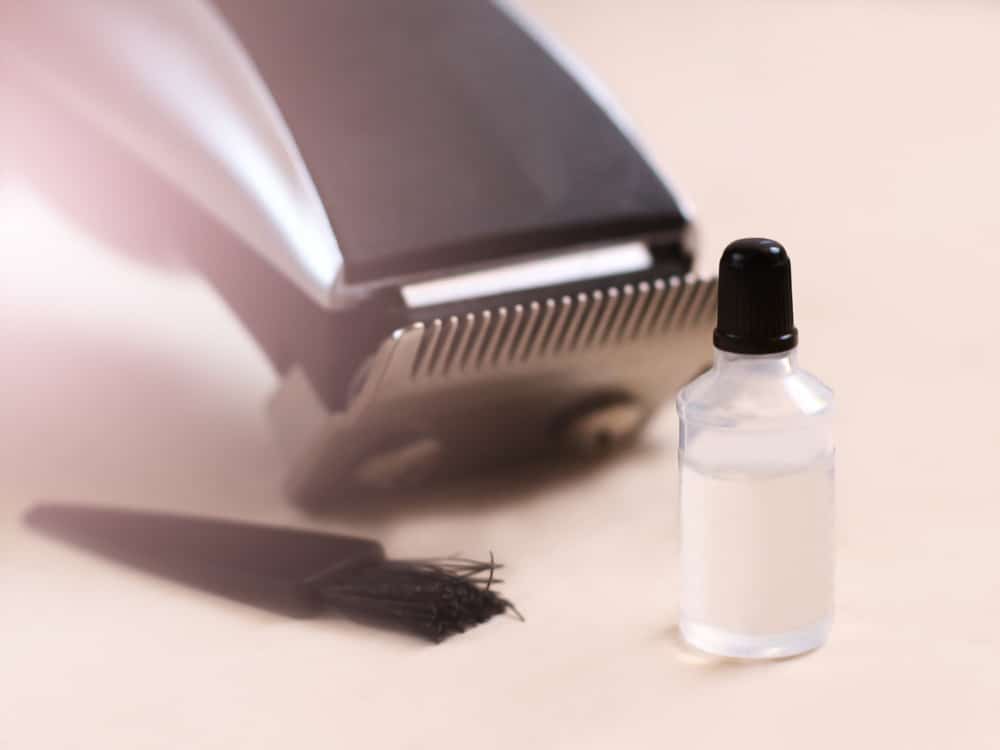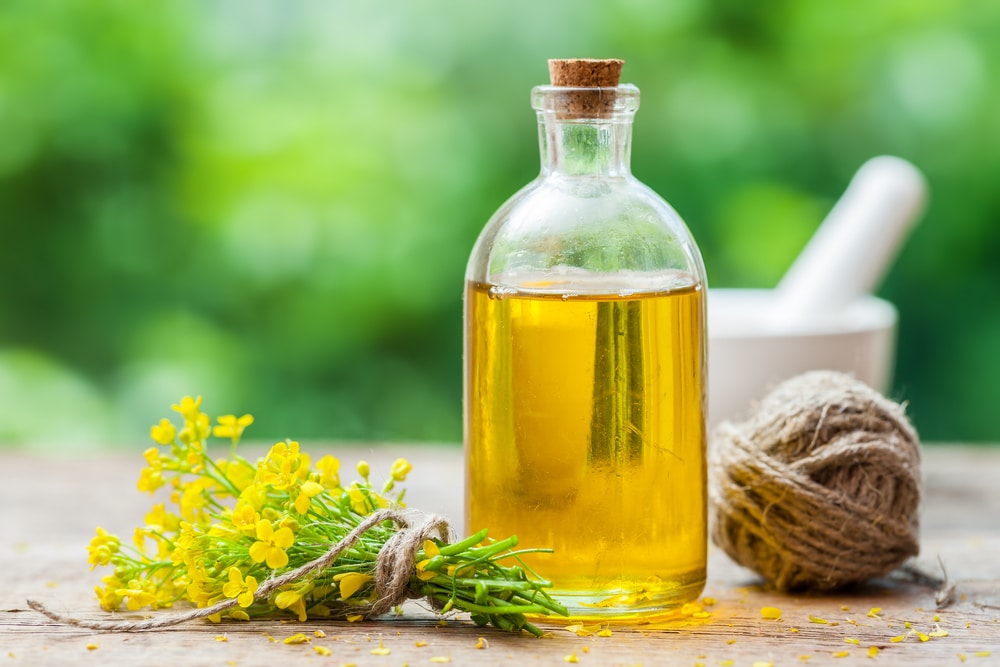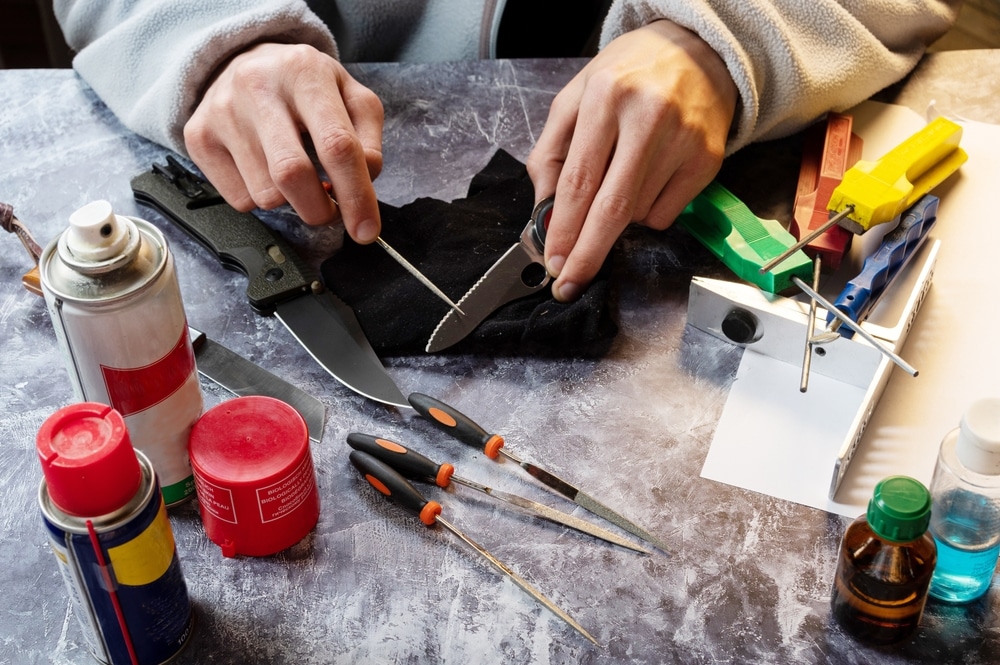
Honing oil is widely used in kitchens with sharpening stones. This is because it speeds up the sharpening of knives and razors.
It is used to lubricate the sharpening stone’s surface and can take away the dust and small shavings that come of when you sharpen the blades.
In most cases, honing oil is referred to as any petroleum-based oil, but it’s also a generic term that’s used to describe the liquid that’s used in the blade-honing process.
There are designated honing oils available on the market, but there are some honing oil substitutes that you can try to lubricate the sharpening stone to sharpen the kitchen knives!
Best Honing Oil Substitutes:
The first option is to use vegetable oil, and we are sure you already have vegetable oil available at home. This is because vegetable oil is widely used for cooking.
Vegetable oil is easily available in grocery stores. However, you have to use high-quality vegetable oil and make sure it is not rancid.
A high-quality vegetable won’t settle in the sharpening stone. In most cases, people use Grapeseed oil or corn oil, but you can also opt for macadamia oil or almond oil, whatever is in your range.
2. Mineral Oil
In case you don’t have access to vegetable oil, we recommend using mineral oil. Mineral oil is one of the most affordable choices.
The best thing about mineral oil is that it doesn’t have toxic odors or fumes, especially if you purchase mineral oil from a reputed brand.
Also, mineral oil doesn’t go rancid, and it has a light texture, which is why it can be used for sharpening stones. The mineral oil doesn’t settle either, promising easier cleaning.
3. Cleaner
Industrial cleaners are perfect for people who are looking for non-oil-based substitutes. It is recommended that you use industrial cleaners because it’s non-toxic and doesn’t have any harmful chemicals.
The absence of these toxic elements will ensure that your knives aren’t damaged – it will also protect the sharpening stone from damage.
The industrial cleaners won’t clog the pores of sharpening stone and might help clear out the grease that’s already built up in your stone’s pores.
4. Glass Cleaner
Just like industrial cleaners, you can also use a glass cleaner while using the sharpening stone. It’s a safe choice because there are no toxic fumes or chemicals in the cleaner.
The glass cleaners are readily available at home, or you can purchase a new one from a grocery store. Also, there is no oil in the glass cleaner, so it won’t clog the pores.
5. Peanut Oil
Peanut oil is quite similar to vegetable oil, which is why it’s considered a reliable substitute for honing oil. It has a high smoking point, which is why it can be used for frying food as well.
6. Petroleum Jelly
Petroleum jelly is one of the most easily available options. It is widely used for its moisturizing properties but has lubrication characteristics as well.
The best thing about petroleum jelly is that it doesn’t drop or cause disruptions to the sharpening stone or other surfaces it’s applied to.
It can be applied in a thin layer, and a little goes a long way. It is recommended that you clean the sharpening stone once and then apply petroleum jelly. Also, you can use a Q-tip to apply the petroleum jelly thinly.
7. Plumber’s Grease
There are various brands of plumber’s grease available in the market, and can be used to replace honing oil. It is widely used as a lubricant and is made from silicone oil and grease, which adds lubrication.
The plumber’s grease is readily available but make sure the stone is properly cleaned before you apply the grease. In addition, always wash the blades and knives properly after sharpening.
Many people recommend using a rag to dust off the loose debris, or you can use canned air to clear out debris from the stone’s pores.
Once the stone is cleaned, we recommend that you apply a bit of the plumber’s grease and let it sit for a few minutes – it will ensure that the grease penetrates the pores properly.
8. Tri-Flow Oil
Tri-flow oil is widely used for domestic lubrication works, including sewing machines. For this purpose, it can be used with sharpening stones as well.
It is made with a combination of petroleum and Teflon products (Teflon makes it more slippery, so always start by adding less).
However, the tri-flow oil can be more expensive, but it has a higher resistance to heat, which prevents sparks while sharpening the stone.
For instance, when you sharpen the knife with stone, it produces more heat, which increases friction, but the oil keeps working properly.
9. Clipper Oil
Clipper oil is a low-viscosity oil and is widely used to lubricate the blades – the blades will last a long time. Also, clipper oil can be purchased from nearby hardware stores.
10. White Mineral Oil
White mineral oil is a transparent fluid and is commonly known as liquid petroleum. It’s an affordable option and is available easily.
The oil is produced as a byproduct of petroleum distillation. The oil has a lighter consistency but works well with a sharpening stone.
11. Marvel Mystery Oil
This oil has been around for over eight decades and was designed to prevent rust and corrosion in the carburetors.
It is still used in automotive equipment and has exceptional lubrication properties. The Marvel Mystery Oil isn’t very thick and is a promising choice for mechanical parts as well as sharpening stones.
12. Clock Oil
Clock oil is a reliable choice for people who need something thick – it doesn’t have a flowing consistency.
For this purpose, it’s recommended that you start by applying less clock oil and spread it on the sharpening stone for sharpening the blades and knives.
13. Canola Oil
Canola oil is produced from rapeseed and can be used as a substitute for honing oil. It’s an eco-friendly choice and is readily available.
So, which of these substitutes will you use?

